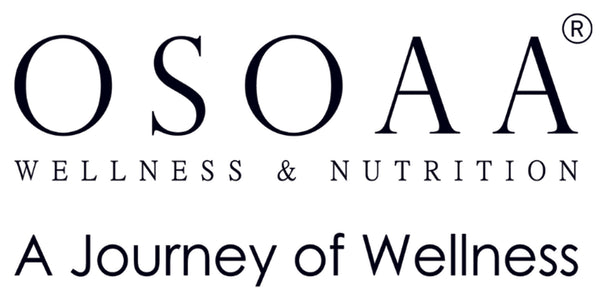Did you know that the "25 grams of protein per scoop" in your protein powder might actually only contain 20 grams of wholefood protein, with the remaining 5 grams being low-quality fillers that offer fewer benefits? This is exactly what is happening in the latest scandal to shake the supplement industry. Due to the rising cost of raw materials, such as whey protein, some supplement companies are trying to cut production costs and deceive consumers by adding cheaper free form amino acids to their protein powders, a practice known as "amino spiking."
Amino spiking, also known as "protein spiking" or "nitrogen spiking," is the practice of adding cheap, low-quality amino acids to protein powders to increase the protein content of the product. While amino spiking may make a protein powder appear to have a higher protein content on the label, it can be dangerous for consumers, as it can lead to negative health consequences and may not provide the same benefits as high-quality protein.
One reason why amino spiking is dangerous is that it can lead to false protein content claims on the label. Consumers may be misled into thinking that they are purchasing a high-quality protein powder with a high protein content, when in reality, the product may be of lower quality and may not provide the same benefits. This can be especially concerning for athletes and fitness enthusiasts who rely on protein powders as a key source of nutrition and may not be getting the protein they need to support muscle growth and recovery.
Another reason why amino spiking is dangerous is that it can lead to negative health consequences. Many of the amino acids that are used in amino spiking, such as glycine and taurine, are not essential amino acids and do not have the same benefits as the essential amino acids found in high-quality protein sources. In addition, some of these amino acids may have negative side effects when consumed in large quantities, such as gastrointestinal distress.
Amino spiking can also be harmful to the reputation of the sports nutrition industry as a whole. When consumers are misled by false protein content claims, it can erode their trust in the industry and may discourage them from using protein powders or other sports nutrition products. This can ultimately be detrimental to the industry and to the athletes and fitness enthusiasts who rely on these products for their nutrition and training needs.
So, how can consumers protect themselves from amino spiking? One way is to choose protein powders from reputable manufacturers that have a track record of producing high-quality products. It's also a good idea to look for protein powders that are certified by third-party organizations such as NSF International or Informed-Sport, which test for the presence of banned substances and other contaminants.
In addition, it's a good idea for consumers to be aware of the potential red flags of amino spiking. These may include protein powders with unusually low prices, protein powders with exceptionally high protein content claims, and protein powders that contain a long list of amino acids on the ingredient label.
Finally, it's a good idea for consumers to be aware of the potential risks of protein powders and to speak with a healthcare professional or sports nutritionist before starting any new supplement regimen. It's also a good idea to report any suspected cases of amino spiking to the appropriate authorities, such as the FSSAI or the manufacturer.
OSOAA's Range of Whey Proteins are 100% free from any kind of spiking and we are infact one of the first brands to launch growth hormone free Whey Proteins and German Creapure in India!! We stand by "We only sell what we can consume ourselves"
In conclusion, amino spiking is a dangerous practice that can lead to false protein content claims, negative health consequences, and harm to the reputation of the sports nutrition industry. Consumers can protect themselves from amino spiking by choosing protein powders from reputable manufacturers and being aware of the potential red flags of this practice. It's also important for consumers to be aware of the potential risks of protein powders and to speak with a healthcare professional or sports nutritionist before starting any new supplement regimen.

